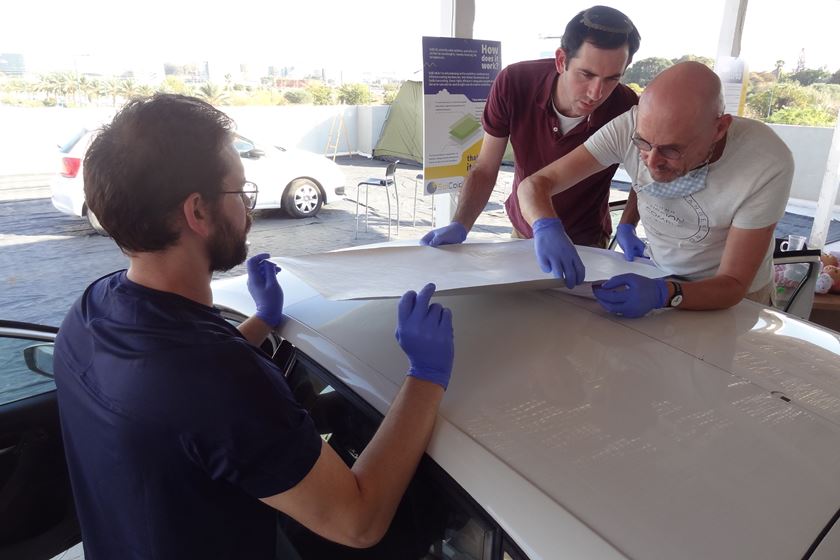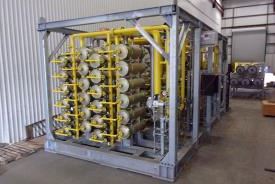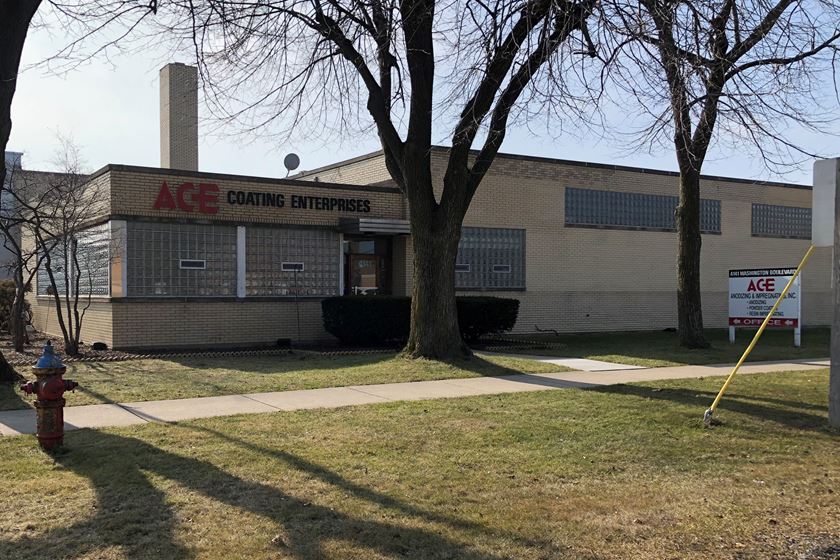Fortunately, Unfortunately
Like the classic storytelling game, running a finishing operation has its ups and downs.
Not long ago, I listened in on a group playing the storytelling game “Fortunately, Unfortunately.” If you’re not familiar, the game commences with one player beginning a sentence with the word “Fortunately.”
For instance, “Fortunately, I just bought a brand new car.” The next player begins her sentence with the word “Unfortunately.” “Unfortunately, the car was struck by another vehicle the very next day.” The next player might say “Fortunately, the person driving the other car was a billionaire who offered me a million dollars for my trouble,” and so on. To ensure a happy ending, the game always finishes with three “Fortunatelys.”
As I listened, for whatever reason it occurred to me that a friend’s stint as the president of a custom coating operation played out much like a version of the game.
Fortunately, my friend was the president of a successful high-tech manufacturing company.
Unfortunately, the company was sold and he was told he might lose his job.
Fortunately, shortly thereafter he was recruited by one of the largest custom coaters in the country to be its President.
Unfortunately, he learned that his new company would lose almost half of its customer base in the coming year as that work was being moved to China.
Fortunately, he was able to recruit several very enthusiastic leaders to help him reduce cost and make up for the loss of work.
Unfortunately, although the team was gung-ho, they knew little about how to improve efficiency in a finishing operation.
Fortunately, one of the company’s shareholders knew a person who had a ton of experience in finishing, and that individual consulted with the team to share his knowledge and provide some direction. Together they were able to double the productivity of the plant.
Unfortunately, doubling productivity left the plant with too many employees and not enough work. The company had to lay off some good people.
Fortunately, not long thereafter the team won a significant piece of coatings business from a major OEM and was able to rehire many of the people who were laid off.
Unfortunately, my friend realized that the cost to coat the new customer’s product was significantly higher than he had originally estimated and the new work was not profitable.
Fortunately, he raised the price on the new work to the point that it was profitable.
Unfortunately, the customer became upset with the higher price and moved the work to another supplier.
Fortunately, learning from the mistakes he made on the first new customer, my friend landed another customer that produced even more revenue than the one he lost, and that customer’s business helped make his coating company quite profitable for a number of years.
Unfortunately, several years later his large customer decided to change the design of the part my friend was coating and the new design no longer required coating. So my friend’s company’s revenue declined sharply.
Fortunately, he had been working for the previous year on the acquisition of another coatings company that would double the size of his coatings business and that transaction closed.
Unfortunately, one of the largest customers whose relationship was purchased as part of the acquisition announced within six months that it was moving its manufacturing operations to Mexico and that business would be lost.
Fortunately, my friend managed to keep almost all of the rest of the acquired business and the cash generated by the acquisition paid back the initial investment in lighting time.
Unfortunately, seeing the success of my friend’s company, the outside advisors to his unionized workforce convinced several employees that, during contract negotiations, they should lead an effort to strike in favor of higher wages.
As I’m running out of room it is time to wrap up our story with three “Fortunatelys,” as dictated by the rules of the game…
Fortunately, over time my friend had been able to win the trust of the majority of the union members who sided with him, rather than with their own union, and not only was a strike avoided, his relationship with his workforce was even stronger thereafter.
Fortunately, he was able to keep a significant number of the new customers he had added through organic selling and acquisition and his coatings company was performing extremely well.
Fortunately, while his decade running a coatings operation had its ups and downs, it ended successfully and the experience laid the foundation for a continually rewarding career in the finishing industry!
By the time I was done thinking through my friend’s experience it occurred to me that running a coatings operation is really just a series of “Fortunatelys” and “Unfortunatelys.” As hard as we may try to avoid them, and even if the leader is putting in the hours, thinking strategically, recruiting the right people and making great decisions, the “Unfortunatelys” still have a way of coming along from time to time.
Room for one more Fortunately? Fortunately, as long as the frequency and magnitude of the “Fortunatelys” outweighs those of the “Unfortunatelys” the leader still ends up in a pretty good place.
Oh, and by the way, in no sense is the story above the least bit autobiographical. Yeah, Right.
















